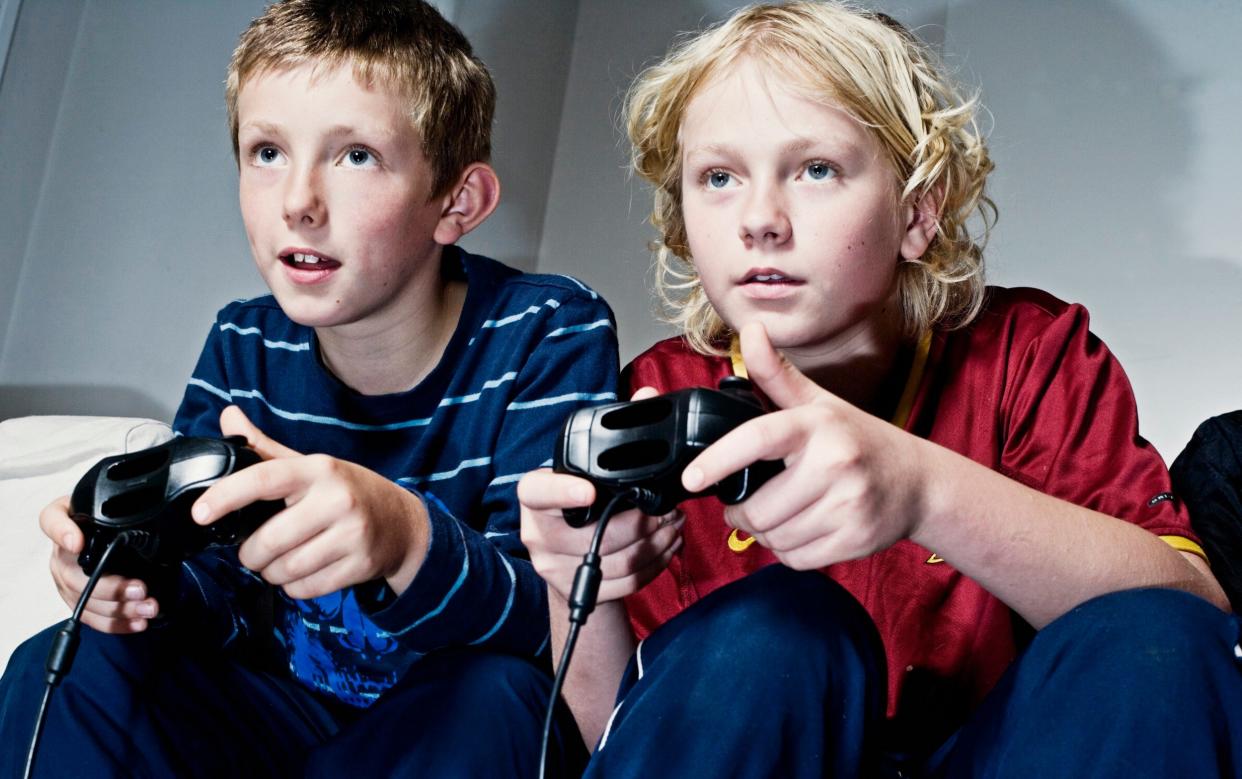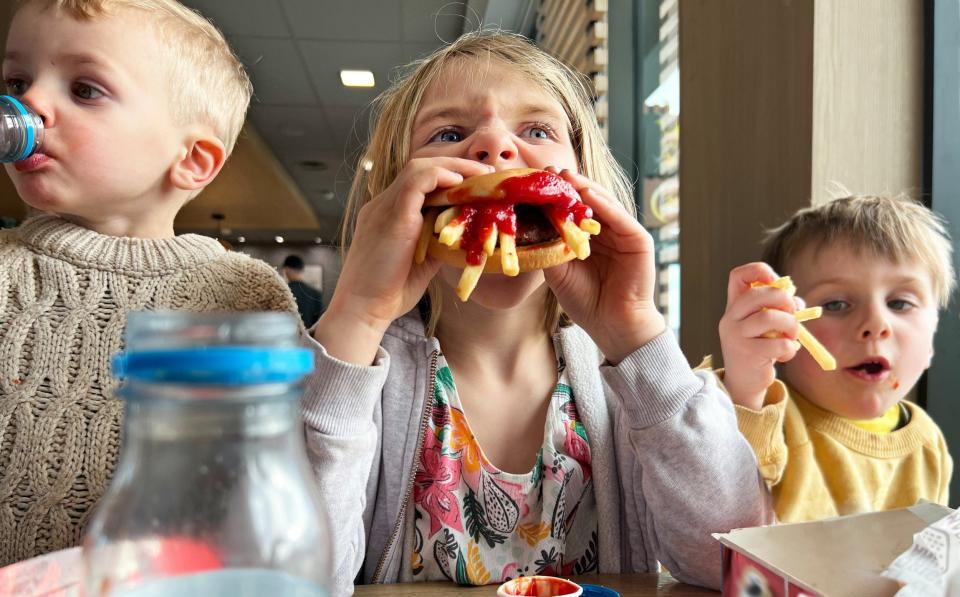Child video gamers exposed to 52 mins of junk food ads per hour

Children watching video games on streaming platforms are being exposed to junk food marketing for 52 minutes in every hour, research shows.
The British study shows the sites are bombarding young viewers with sugary drinks and fatty snacks – and successfully convincing them to consume more.
Seven in ten of the products being promoted contained unhealthy amounts of sugar, salt or fat. The marketing also successfully convinced children to plump for particular products.
Researchers warned that the sites were likely to be fuelling Britain’s obesity epidemic. Four in 10 teenagers in England are now obese by the age of 15, compared to three out of 10 in 1995.
The study found young gamers consumed more calories after exposure to the games, which were streamed via the website Twitch.
Watching live-streamed games on sites like Twitch, YouTube and Facebook is hugely popular, with 58 per cent of children tuning in.
At the time of the study, Twitch had the vast majority of market share globally, with more than three quarters of hours watched.

The channels allow gaming fans to watch others play in real time and to chat online, with top influencers and competitions drawing audiences of millions.
Health experts said many parents are unaware of the sites, and have no idea that they are promoting an almost nonstop diet of junk food.
There is little regulation of the sector, despite repeated pledges to protect children from aggressive marketing of unhealthy fare.
Study author Dr Rebecca Evans, from the University of Liverpool, said: “The high level of exposure to digital marketing of unhealthy food could drive excess calorie consumption and weight gain.
“Endorsement deals for prominent streamers on Twitch can be worth many millions of dollars. Younger people are more attractive to advertisers and they are moving away from television to these more interactive forms of entertainment.”

The research, presented at the European Congress on Obesity in Venice, studied 52 hours of Twitch footage and tested the effects of advertising on 490 under-18s.
It found they were exposed to 2.6 advertisements or product placements per hour, with each lasting 20 minutes and some overlapping. In many cases, rather than being overt adverts they involved seeing a product or logo on the screen for a long time, or looping images.
Children were found to have a more positive opinion of a certain snack or brand if they had seen it, and were twice as likely to choose it from a selection.
Over the long term, youngsters who spent more time watching the game streams tended to eat more of the snacks seen on screen.
The most commonly marketed products were energy drinks, which are banned for under-16s because research shows they can damage mental and physical health.
‘Parents might not know what Twitch is’
Dr Duane Mellor, from the British Dietetic Association, said: “This is very hard for parents to stop because they might not even know what Twitch is.
“Most of the things being advertised are clearly not essential in the diet but they are aspirational because role models are seen using them.
“Advertisers are targeting young people because they will pester their parents and if you get them into your product you’ve got a consumer for life.
“These adverts are really effective so we need a team effort between government and industry to break the chain and hijack advertising to promote healthier behaviour.”
The Government has promised to ban junk food advertising to children, both online and on television, but the restrictions have been repeatedly delayed and are now not due until Oct 2025.
‘Epidemic levels of child obesity’
Dr Helen Stewart, of the Royal College of Paediatrics and Child Health, said: “We now have epidemic levels of child obesity across the UK and, given the far-reaching health effects of obesity, we are storing up huge problems for children and young people.
“Research demonstrates that there is a clear link between the food and drink adverts children see and their food choices and how much they eat.
“We need a range of child-focused, preventative policies – such as the delayed junk food marketing ban – implemented if we’re ever to get ahead of this trend.”
Labour said it will ban the advertising of junk food on video game streams if it wins the election.
Labour ‘will ban junk food ads targeting children’
Wes Streeting, the shadow health secretary, said: “Nearly one in four children is obese by the time they leave school. The costs and pressures obesity piles on the NHS are no game.
“Labour wants every child to have a healthy start to life. That’s why we will ban junk food advertising targeted at children on broadcast and online, including on video game streams.”
A Department of Health and Social Care spokesperson said: “This government has a proven track record of tackling childhood obesity.
“With children spending more time online, parents want to be reassured they are not being exposed to adverts promoting unhealthy foods, which can affect eating habits for life.
“This is why we are taking further action next year by implementing restrictions on the advertising of less healthy products, including in-game advertising.”

 Yahoo News
Yahoo News 
